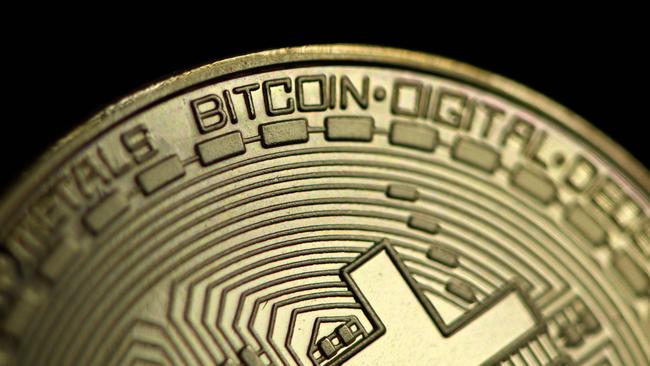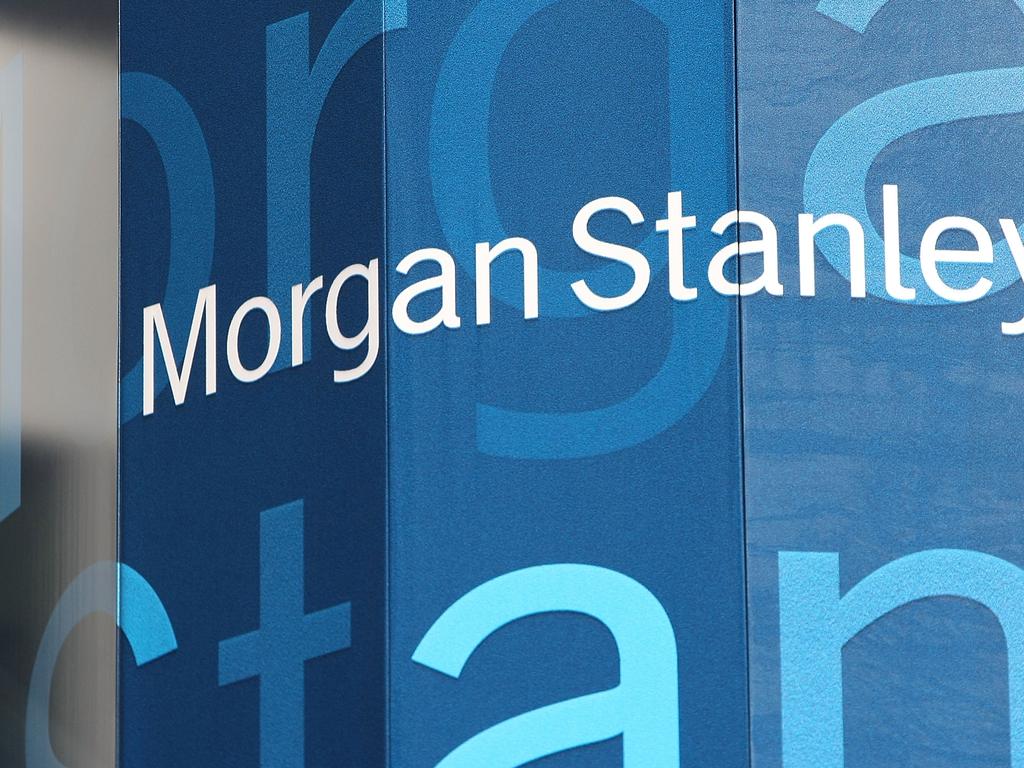Bursting tech will be felt beyond Silicon Valley

We are living amid strange markets. Lockdowns have hit the real economy hard, with many shops and restaurants never to reopen.
UK unemployment is close to its highest level in five years, and in the US, it spiked to an unprecedented peak this time last year. Yet also flirting with a record high is bitcoin, trading at close to $US60,000.
There has been an explosion in non-fungible tokens and unique digital images — one sold for $US69m last month. Reddit traders have surged in and out of GameStop.
The disconnect is striking. While high streets lie empty, there is euphoric behaviour in markets, and it isn’t limited to cryptocurrencies or expensive pixels. The first quarter saw the strongest global mergers and acquisitions activity since records began in 1980 — it almost doubled year-on-year to $US1.3 trillion, according to Refinitiv.
A big part of this was thanks to the frenzy over special-purpose acquisition vehicles: SPAC deals almost doubled quarter-on-quarter. Some of the valuations are jaw-dropping. Cazoo, a two-year-old used-car website that has sold 20,000 vehicles, is merging with a SPAC valued at $US7bn.
Your Uber driver may tell you that the party can keep going while central bank interest rates stay low. But can it? Since the start of the year, there have been claps of thunder from the bond market.
Anticipating a rebound in growth as COVID fades, along with a rise in inflation and more pressure on government balance sheets, investors have been dumping US treasuries and UK gilts.
The yield, or interest rate, on US 10-year treasuries — the most important number in global markets, given the number of things it is used to price — has climbed from 0.9 per cent to 1.7 per cent.
This has begun to puncture the bubble in tech stocks, which have benefited most from low interest rates and gallons of liquidity, and are most sensitive to changes in expectations of their profits far into the future.
Investors have been selling tech and rotating into beaten-up “value” stocks such as banks.
Some popular tech shares have suffered — Tesla fell 10 per cent last month — and, while there were other factors at play, this backdrop will have been partly why appetite for Deliveroo’s float fell away so spectacularly last week.
The bursting of the tech bubble seems to have much further to go. It has taken several corrections for markets to swallow these changes in the past: the tech-heavy Nasdaq index collapsed in four lurches during the dotcom crash, with three deceptive rallies. Research firm MacroStrategy Partnership suggests that even if government bonds hold their current level (which it calls a “heroic assumption” as economic recoveries trigger more sell-offs), the Nasdaq could fall by 30 per cent.
The big question must be whether the forces behind the tech deflation threaten the real economy, too.
Households face food and energy price inflation, and rising gilt yields will in time feed through to higher mortgage costs. In the US, 30-year mortgage rates have increased for six weeks in a row, to 3.17 per cent.
Rising borrowing costs also spell trouble for corporates. The blow-ups of supply chain finance firm Greensill and hedge fund Archegos give a tiny glimpse of hidden leverage in the system.
A new credit crunch would slam the brakes on the post-COVID recovery. John White, the former GLG hedge fund manager at the start of this story, predicts a five-year downturn. His last big call? The death of Lehman Brothers.







A hedge fund contact’s housekeeper recently asked for his view on bitcoin. For him, this was today’s equivalent of shoeshine boys offering stock tips in 1929 or taxi drivers talking about buy-to-let property in 2007.